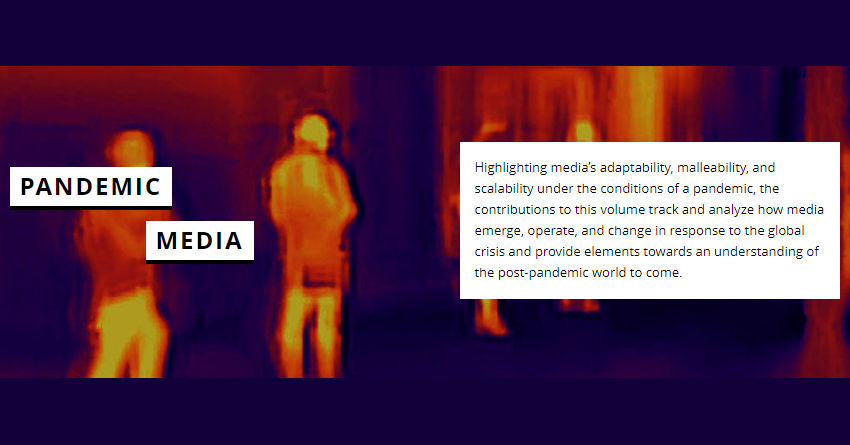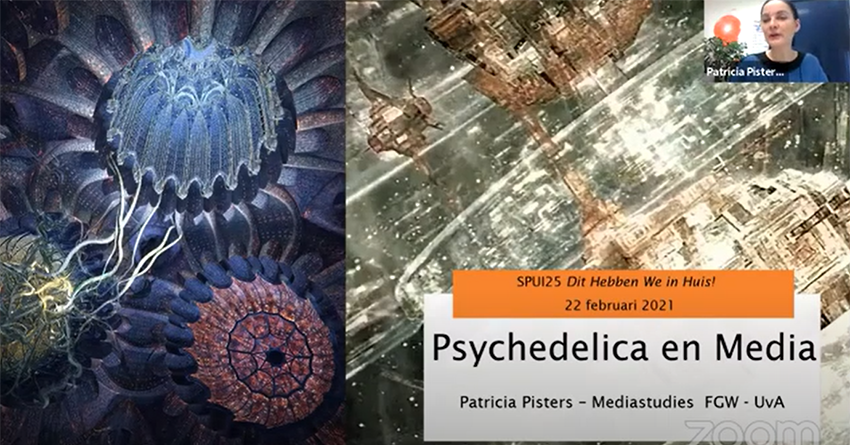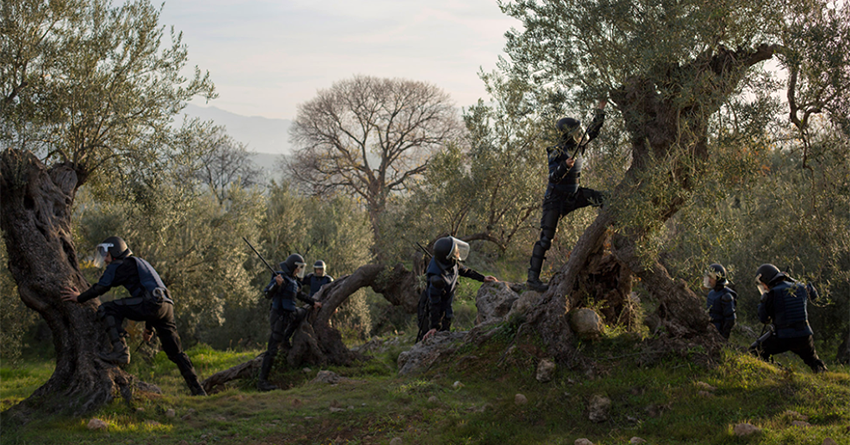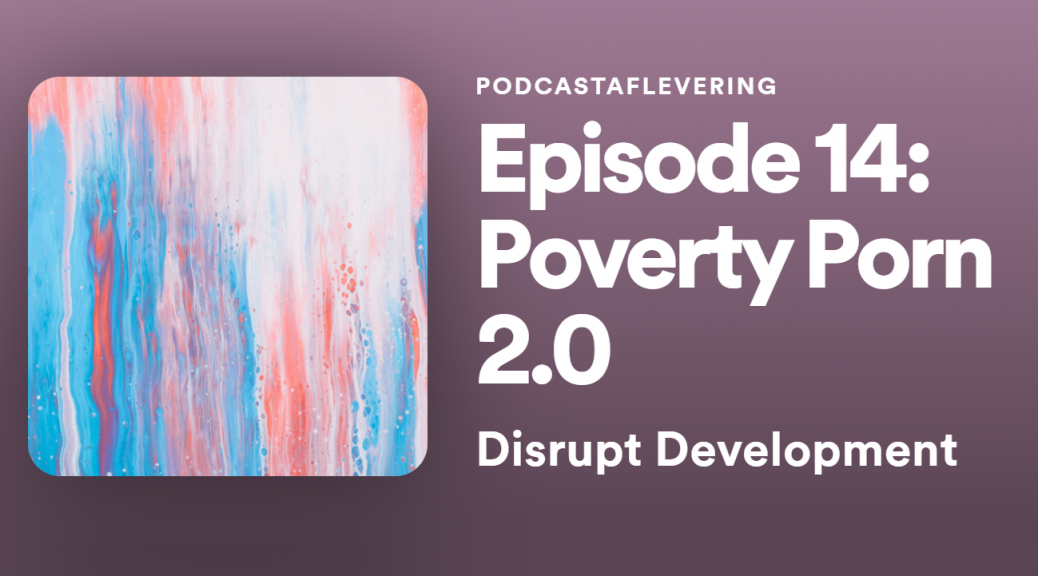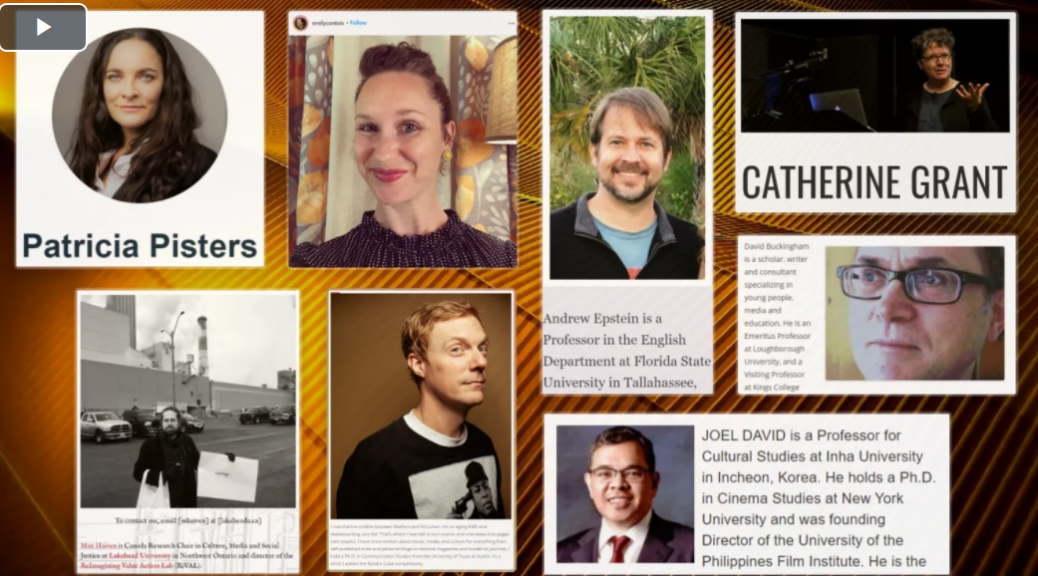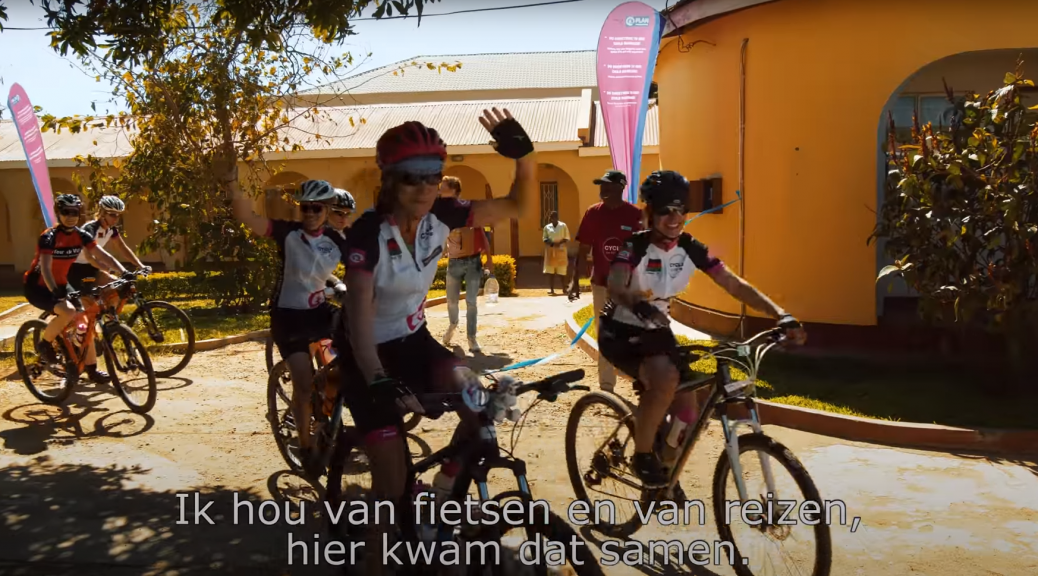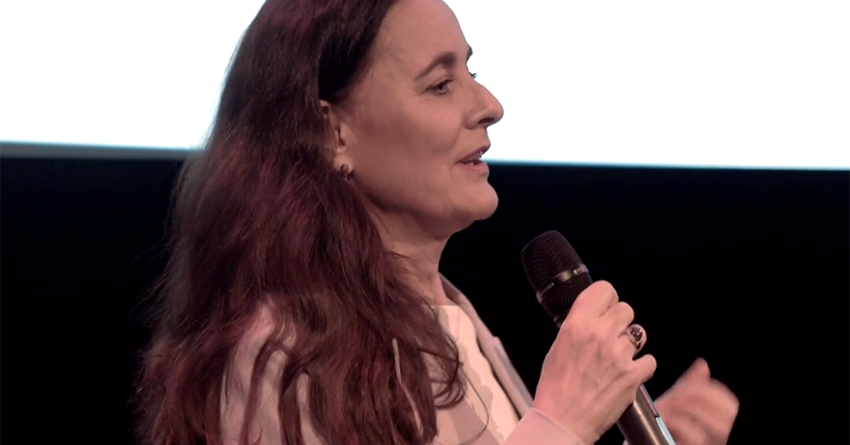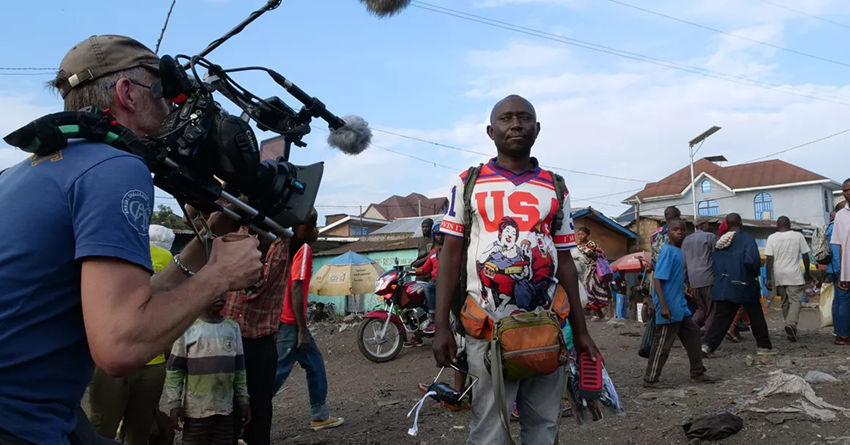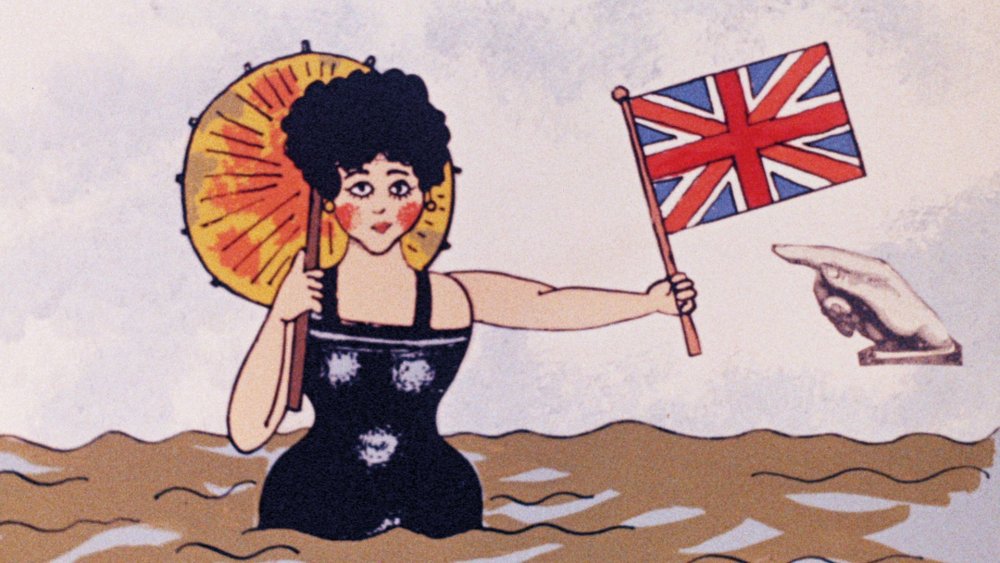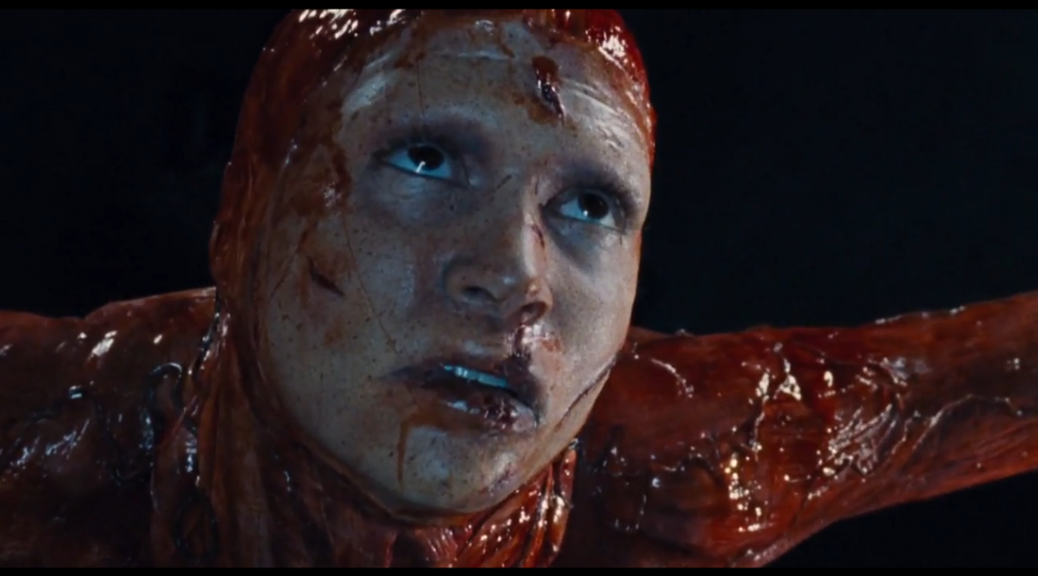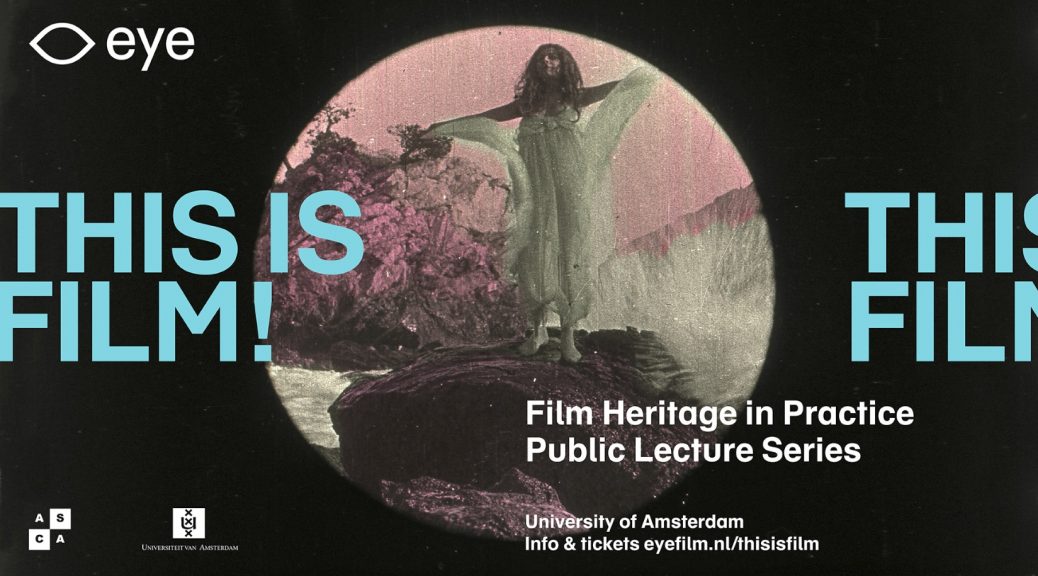Film Faculty member Floris Paalman has published an article on the relations between film and history, and how ‘history and film history could complement and enhance each other’. The article, which is entitled “Film and History: Towards a General Ontology”, has been published in the journal Research in Film and History and is freely accessible online.
All posts by film
DEUS EX MACHINA International Online Conference
Film Faculty member, Amir Vodka, will be talking about AI from the perspective of Jewish mysticism and the myth of the Golem in sci-fi films at the Deus Ex-Machina conference, which is held online from February 25-26, 2021.
Publication of edited volume Pandemic Media
Film Faculty member, Marie-Aude Baronian, has contributed with an essay to the new volume Pandemic Media. There are about 40 short essays from many media scholars who reflect upon media, screens, film, cinema, material objects (and more) in the time of the (post)pandemic. Baronian’s essay is entitled “Textile-Object and Alterity: Notes on the Pandemic Mask.” Like all other essays, it is freely accessible online.
More info | Download the book here | Download the article here
Psychedelica and Media
In 1969, philosopher Marshall McLuhan argued that the interest in psychedelics at the time had to do with developing “empathy with the invading electronic environment.” Today’s “psychedelic renaissance” is led by experimentation in the therapeutic effects of mind-altering drugs. On February 22, 2021, film Faculty member, Patricia Pisters, explained during an online session of SPUI25 how this renaissance” also tells us something about a new understanding of our complex digital living environment that is increasingly permeated by artificial intelligence and media machinations.
Eco Noir: A Companion for Precarious Times Out Now (Free download!)
Eco Noir is a textual and visual exploration of interspecies relations in times of crisis through the works of 34 artists, researchers and writers from around the world, including a chapter by Film Faculty member, Amir Vudka. This expanded collaborative reader acts as cartography for the new cultural, cinematic and artistic strategies we can offer for emancipating our perception from viewing other species merely as subjects for politics of consumption or as objects of fascination. Eco Noir shows how relations with other species correspond with ancient tales and rumours, while offering daring and unconventional ways for humans and animals to join for creating a contemporary common story.
New Blood in Contemporary Cinema: Women Directors and the Poetics of Horror
Film Faculty member Patricia Pisters’ latest book, New Blood in Contemporary Cinema, is available now from Edinburgh University Press. In this book, Pisters investigates contemporary women directors such as Ngozi Onwurah, Claire Denis, Lucile Hadžihalilović and Ana Lily Amirpour, who put ‘a poetics of horror’ to new use in their work, expanding the range of gendered and racialized perspectives in the horror genre. politics, New Blood in Contemporary Cinema takes on avenging women, bloody vampires, lustful witches, scary mothers, terrifying offspring and female Frankensteins. By following a red trail of blood, the book illuminates a new generation of women directors who have enlarged the general scope and stretched the emotional spectrum of the genre. To accompany the book release, Pisters also wrote a blog.
Exhibition, book and symposium on eco noir
On December 9, 2020, the University of the Arts Helsinki will host an online book launch and symposium that together mark the closure of the exhibition ‘Cooking for the Apocalypse’. The book accompanying the exhibition, entitled Eco Noir: A Companion for Precarious Times, provides an textual and visual collaborative exploration of interspecies relations in time of crisis, featuring the original artworks and writings of 34 prominent artists and researchers. The symposium, entitled ‘Eco Noir: A Dark Day for a Brighter Future’, focuses on how we can create a deeper connection based on equality with other species, having a wider understanding of our potential role in the betterment of the environment we live in, and thus gaining a better understanding and connection with each other. One of the keynote speakers is our Film Faculty member, Amir Vudka.
NEW PODCAST ABOUT HUMANITARIAN COMMUNICATION
“Colonial relationships and attitudes can clearly be recognised in the communications of international aid organisations. Hungry black children and noble white saviours are still very much present in contemporary campaigning. But many of the new, ‘positive’ or ‘innovative’ aid campaign genres are also very problematic, observe media scholars Emiel Martens (UvA/EUR) and Wouter Oomen (UU) in a recent article on OneWorld.nl that caused quite a lot of debate. New campaign genres often feature famous ambassadors that visit a project abroad, simulations of non-West misery (e.g. by being locked-up in a cage or painting faces of celebrities as if they have ebola), or adventure journeys such as hiking in Nepal or biking in Tanzania. What is going wrong? And how can campaigning in development aid be done in a more ethical way? Martens and Oomen discuss these and other questions in ‘Poverty Porn 2.0’, the latest podcast of Disrupt Development.”
Pisters featured in new video wiki
Our Faculty member, Patricia Pisters, has been included in the recently published video wiki “Scholars And Critics Expanding Our Understanding Of Culture“. Founded in 2011, Ezvid Wiki was the world’s first video wiki, and is now among the top 3,000 websites in the United States. Their YouTube channel has over 600,000 subscribers, with over 350 million views since founding.
The “Scholars And Critics Expanding Our Understanding Of Culture” video wiki features scholars in the fields of art and communications media who investigate topics like the influence of film on personal identity, or how capitalism shapes narratives about creativity.
New NECSUS Special Issue on Artificial Intelligence
A new special issue of NECSUS on artificial intelligence edited by Patricia Pisters and Ruggero Eugeni has just been published. The issue, which includes written articles, audiovisual essays, book reviews, festival reviews and exhibition reviews, is available through open access.
Why These Aid Campaigns Have to End
Hungry children and white saviours are still very much present in campaigns by Dutch aid organizations. But also, many of the new aid campaign genres are problematic, observe media scholars Emiel Martens and Wouter Oomen. Every year they present the Fly in the Eye Award for the worst campaign on behalf of IDleaks, a Dutch non-profit organization committed to better humanitarian communication. What is going wrong, and how can it be done better?
Be Pretty and Shut Up!
French actress Delphine Seyrig played the impressive lead role in Jeanne Dielman, the film with which Chantal Akerman gained prominence. The director, who passed away in 2015, would have turned 70 today. In honor of Akerman, Patricia Pisters, Professor of Film Studies at the UvA, highlights the life and work of Seyrig, who as an activist came to the fore in the 1970s with feminist videos.
Stop Filming Us: The Film That Should Never Have Been Made
The documentary Stop Filming Us won the Dutch Movies Matter Award and received favourable reviews by the Dutch press. Unbelievable, according to postcolonial media scholar Emiel Martens (UvA). ‘Postema throws the discussion about the Western view of Congo at least ten years back in time’.
Call for Submissions Intelligence Special Issue NECSUS
Guest editors Patricia Pisters (University of Amsterdam) and Ruggero Eugeni (Università Cattolica del Sacro Cuore Milano) call for submissions for a special issue on Artificial Intelligence to be published in NECSUS in Spring 2020. They are looking forward to receiving abstracts of 300 words, 3-5 bibliographic references, and a short biography of 100 words by 1 July 2019 to g.decuir@aup.nl. On the basis of selected abstracts, writers will be invited to submit full manuscripts (5,000-6,000 words, revised abstract, 4-5 keywords) by 1 February 2020, which will subsequently be peer reviewed.
AMIA: A History of British Animation
The Association of Moving Image Archivists’ University of Amsterdam student chapter presents ‘A History of British Animation’ on Thursday June 6 at 7.30pm at film theatre Kriterion in Amsterdam. A diverse collection of shorts from across the 20th century have been remastered by the BFI National Archive to give a portrait of one of Britain’s most idiosyncratic contributions to world cinema. This feature-length programme of shorts from 1907 to the 1990s, curated by the BFI’s Jez Stewart, traces the history of the art and the industry, offering an animated portrait of a nation, from turn-of-the-century trick films and anti-Nazi cartoon propaganda, to 1960s psychedelia and post-Thatcherite class satire. The 95-minute screening will be introduced by Animation Curator Jez Stewart of the BFI National Archive and followed by a Q&A.
ASCA Lecture ‘Radical Formalism and the Problem of Horror’
On Friday May 10th, from 3-6pm, Professor Eugenia Brinkema (Massachusetts Institute of Technology) will give a talk entitled “The Violence of Fascination: Martyrs, Torture and Form.” In her talk, which will take place at the Potgieterzaal in the University Library (UvA) in Amsterdam, Brinkema will focus on Pascal Laugier’s 2008 new-extremist horror film Martyrs, arguing that the film generates a formal violence that is coextensive with the very aesthetic fascinations that structure it, rendering an account of violence that is monstrative and creative, cinematically demonstrating not the violation of body but the impersonal, non-embodied violence of a fascination with formal possibility, one shared by horror and metaphysical philosophy. The workshop will explore issues of radical formalism, ethics, violence, and negative affect in film and critical theory. All are welcome. To receive workshop readings, please email Abe Geil at a.m.geil@uva.nl.
Media as ‘Pharmakon’: Mental Health in the Digital Age
Are digital media like narcotic drugs? Such comparisons have become increasingly common in the rampant discussion on smartphone and technology addiction. In his book ‘Plato’s Pharmacy’ (1968) philosopher Jacques Derrida discusses the ambiguity of the “pharmakon”, designating both poison and medicine, depending on context and individual differences. Can our contemporary media be seen as pharmaka for our mental health? For the 5th session of the “SAY AAHH!” series on Thursday April 18, 2019 in SPUI25, Amir Vudka, Patricia Pisters and Marlies Brouwer will discuss their ongoing work on this topic.
This is Film! Film Heritage in Practice
From March 6th to May 8th, Eye and the University of Amsterdam present This is Film! Film Heritage in Practice , a series of six public lectures at Eye devoted to remarkable projects in the field of film restoration and film heritage. Giovanna Fossati (Chief Curator at Eye and Professor of Film Heritage at the UvA) addresses recent restoration projects and presentation forms of film heritage, varying from silent cinema compilation programmes to Hollywood classics. Each session features an extended Q&A session with an invited (international) guest speaker, who will also introduce a film screening. This is Film! offers insight into what happens behind the scenes in film archives, museums and cinemas, and is aimed at everyone who loves film. The lectures are in English and can be attended as a series or on a one-off basis.
Click here for more information.
War and the Screen Machine: Film Lecture by Patricia Pisters
On May 9 at 7.15pm Faculty member Patricia Pisters will present an audiovisual ‘tour of duty’ through contemporary war films in Eye. She shows that war and cinema have a long and intertwined history. Soldiers carry cameras and other media devices with them, and the battlefield has exploded on multiple screens, causing our viewpoints to become fragmented. Pisters’ lecture will be illustrated with fragments from war films such as Redacted by Brian De Palma.
Click here for more information.
Shell Shock: Opening Night
In the Shell Shock program, filmmakers, philosophers, writers and speakers bring you as close as possible to the experiences of people after a period of war and violence. On the opening night on March 22, director Morgan Knibbe, film professor Patricia Pisters and philosopher Hans Schnitzler will tell about the processing of war violence in film. There will also be a screening of Morgan Knibbes’ The Atomic Soldiers.
Click here for more information.



